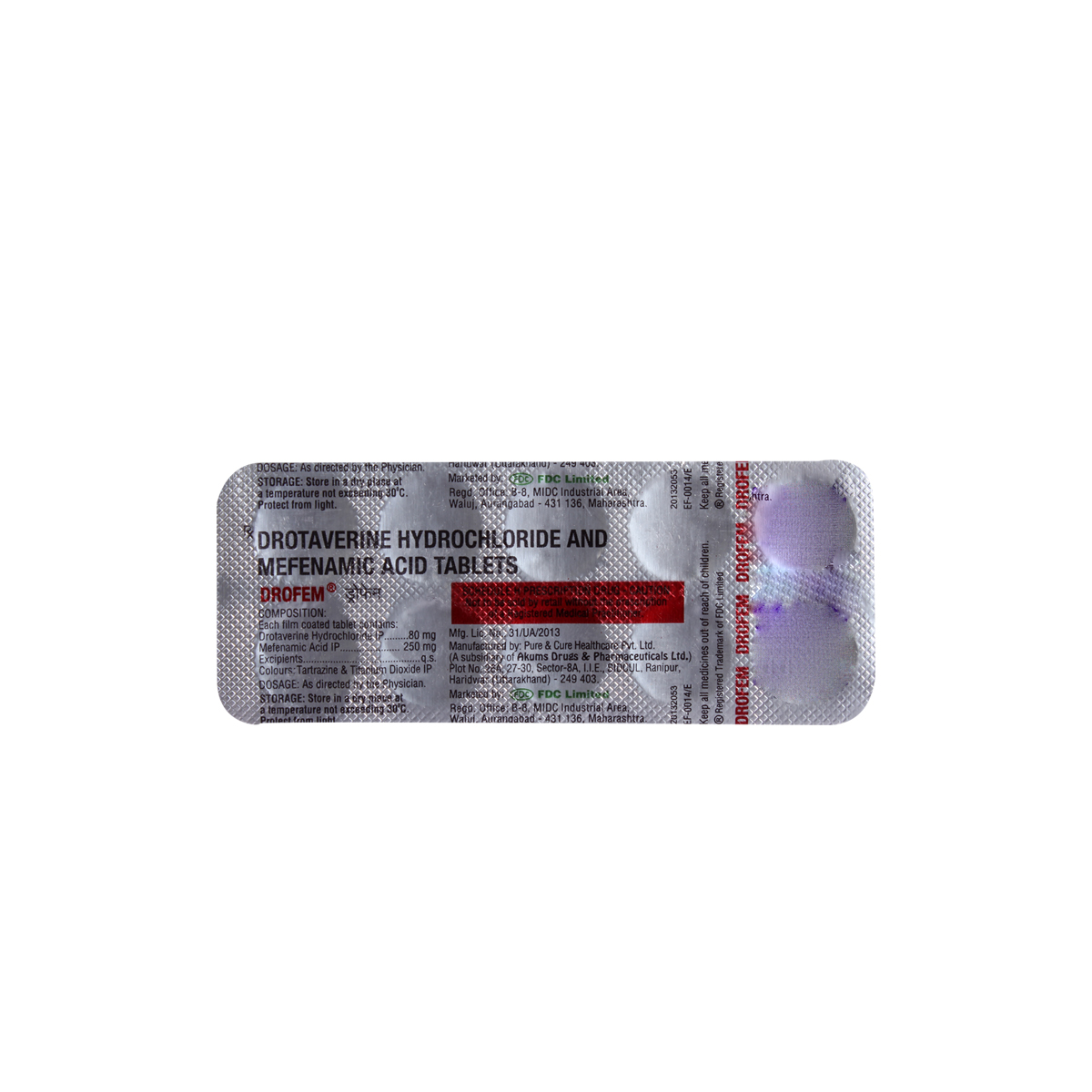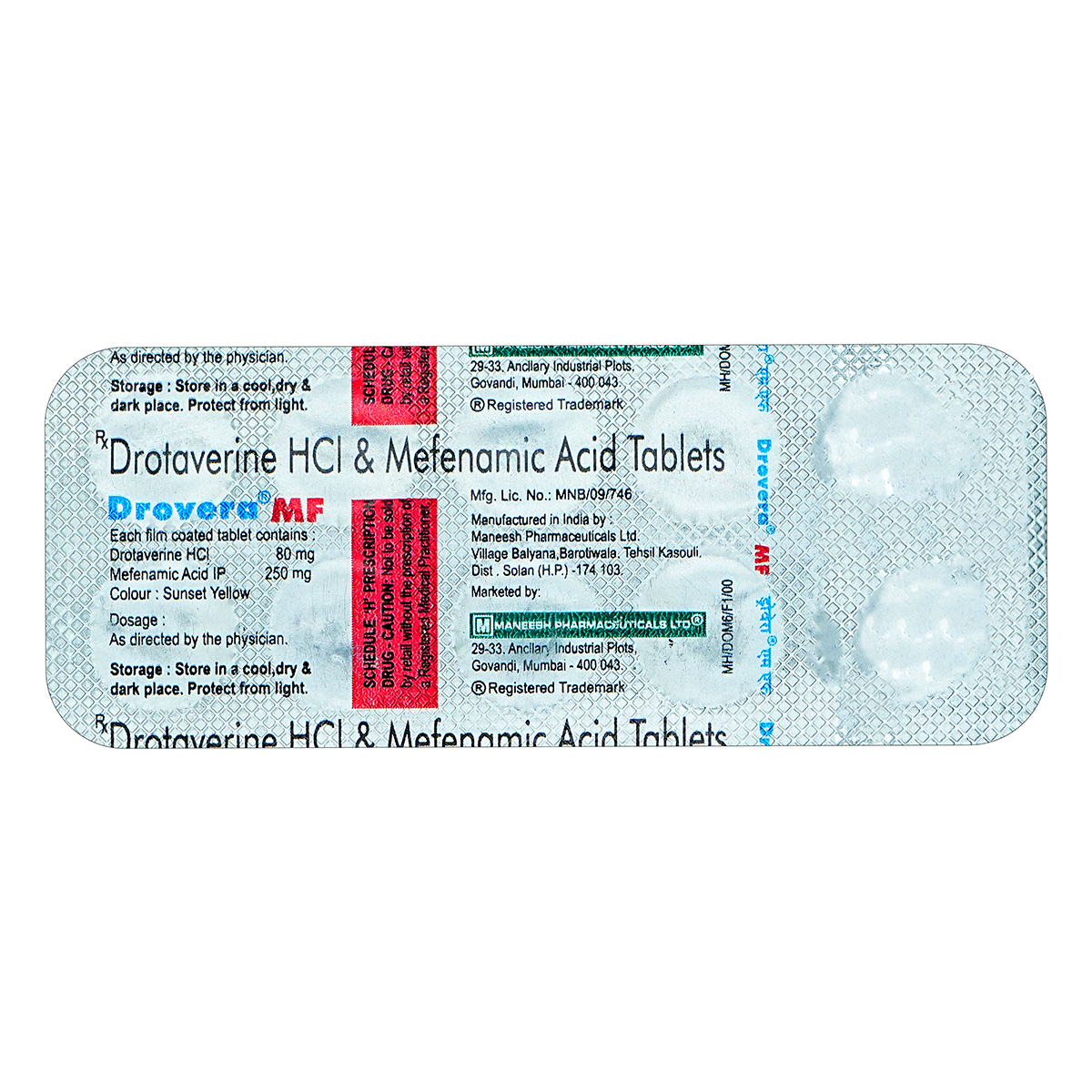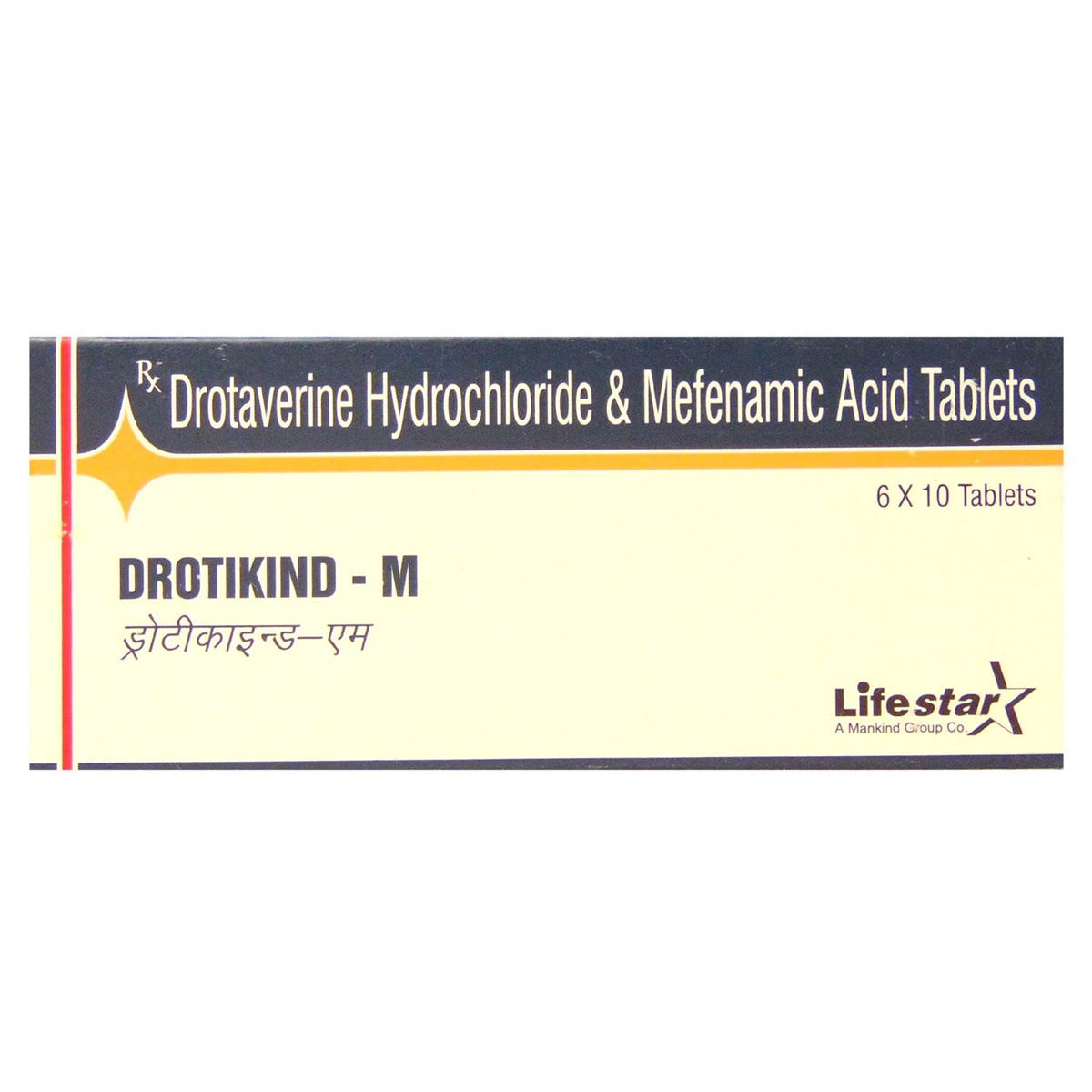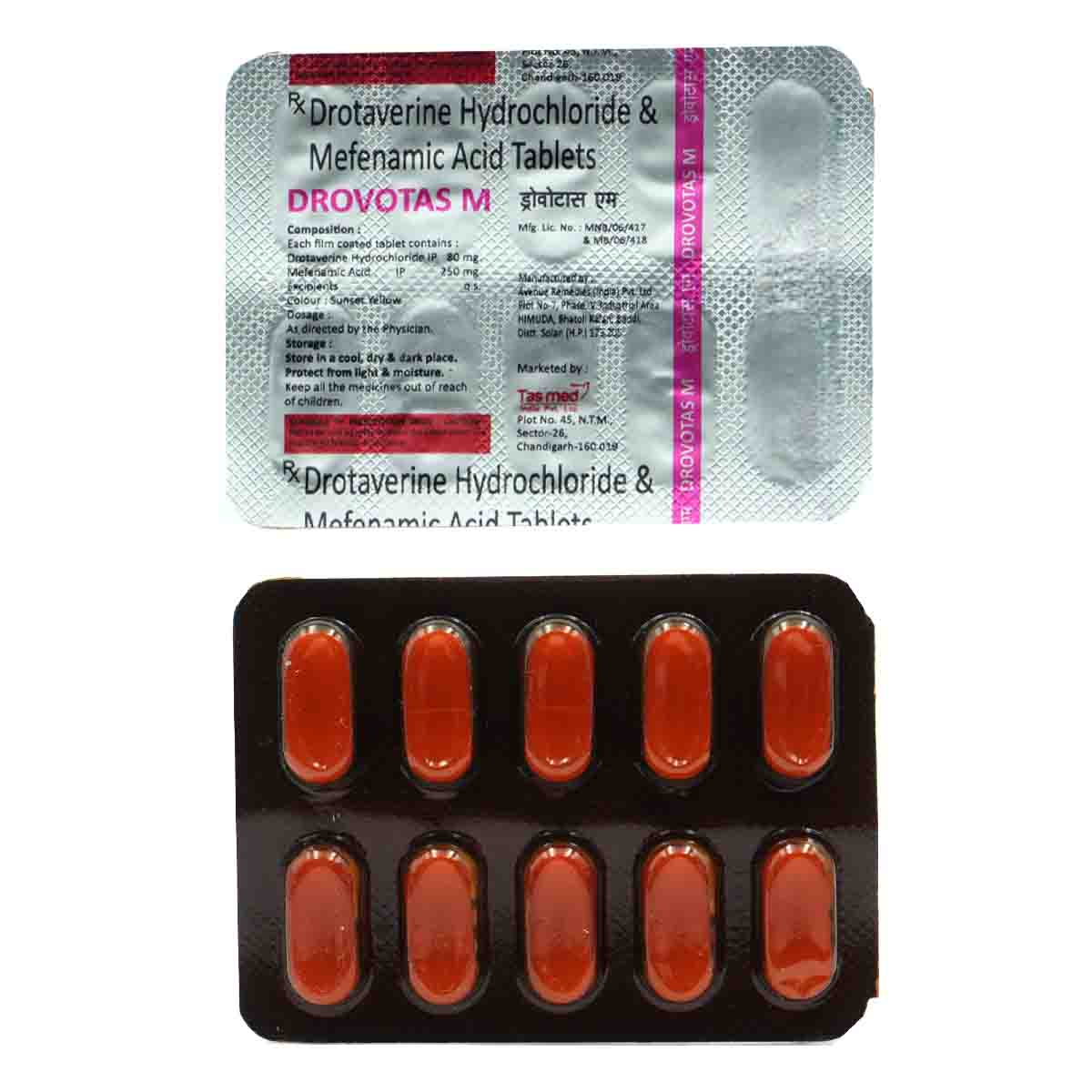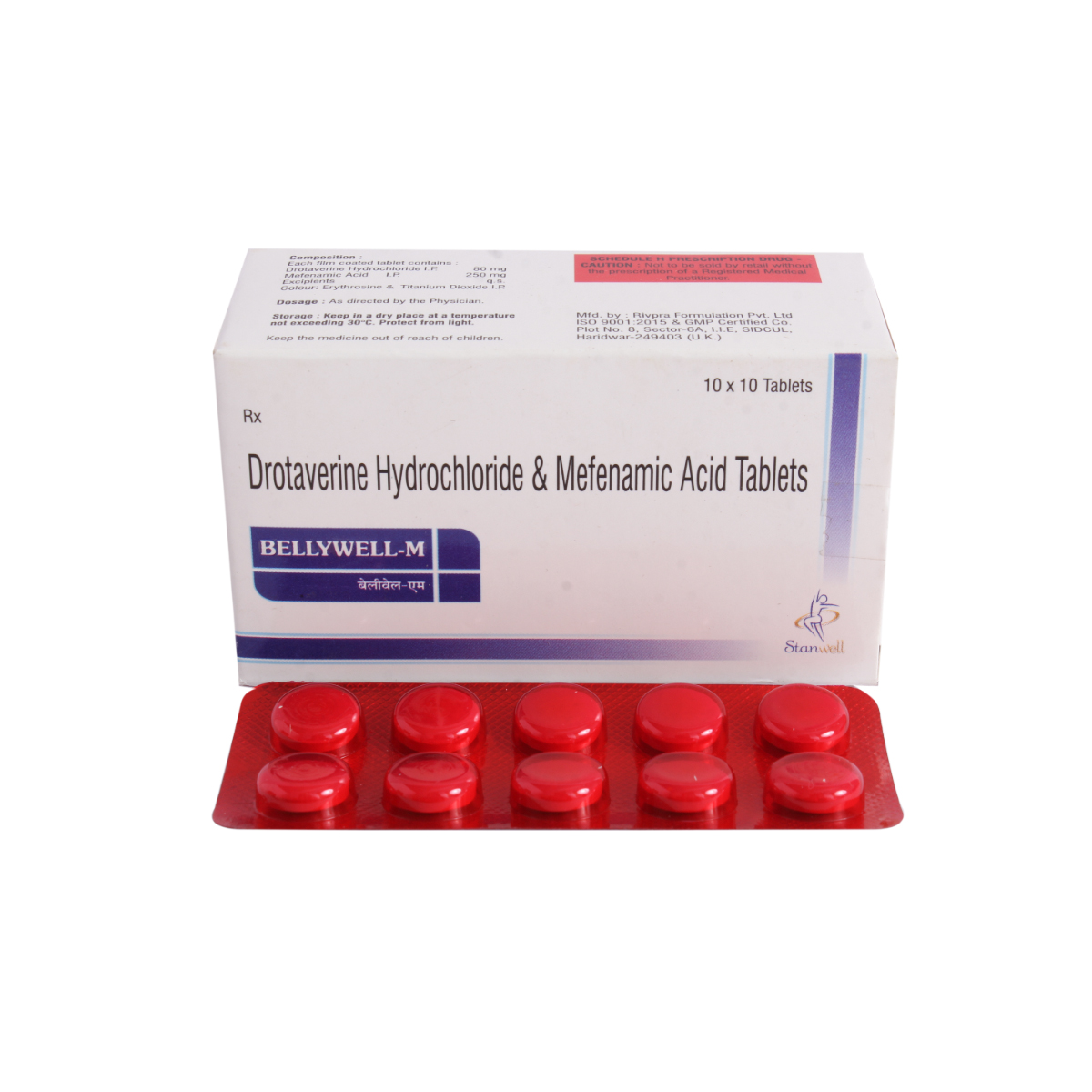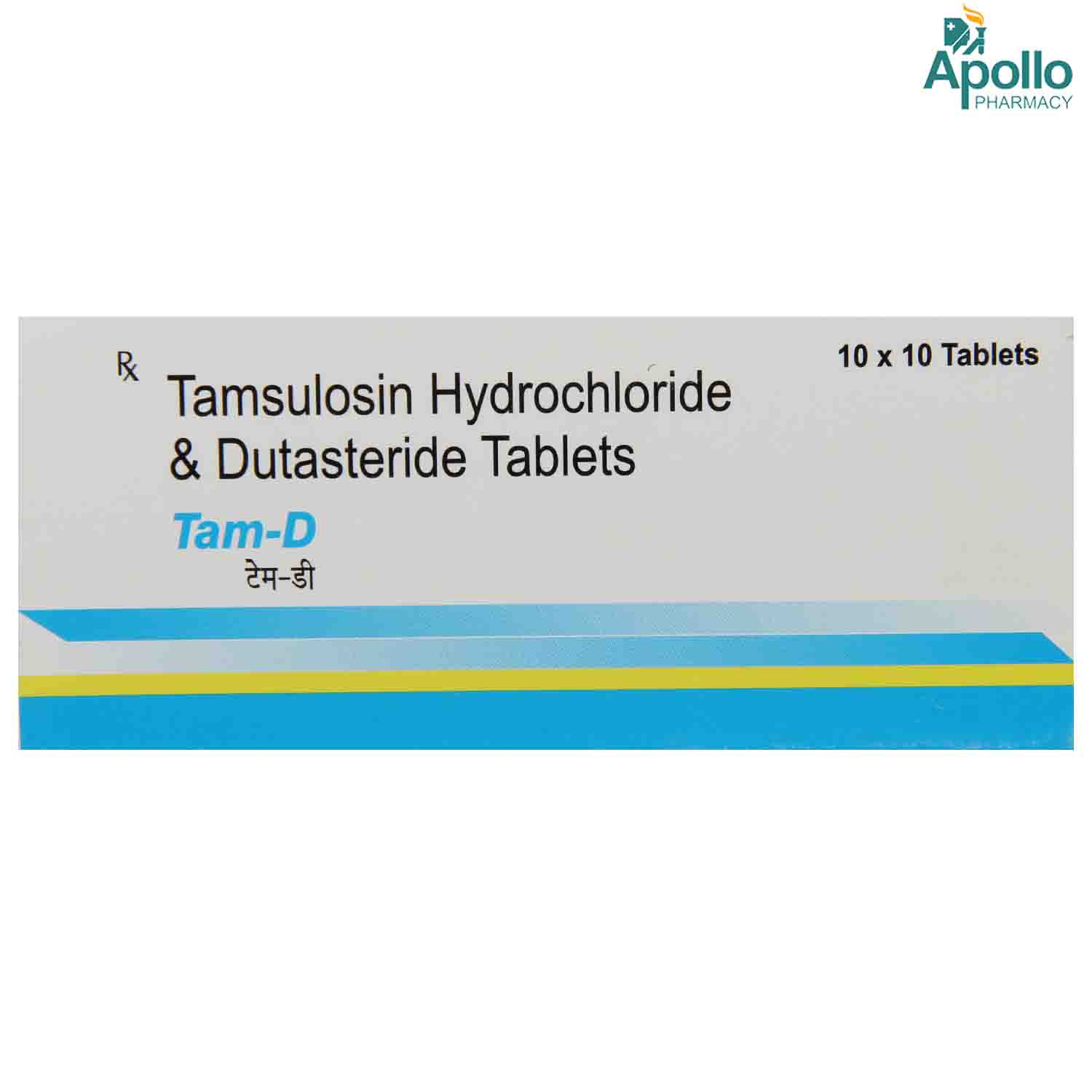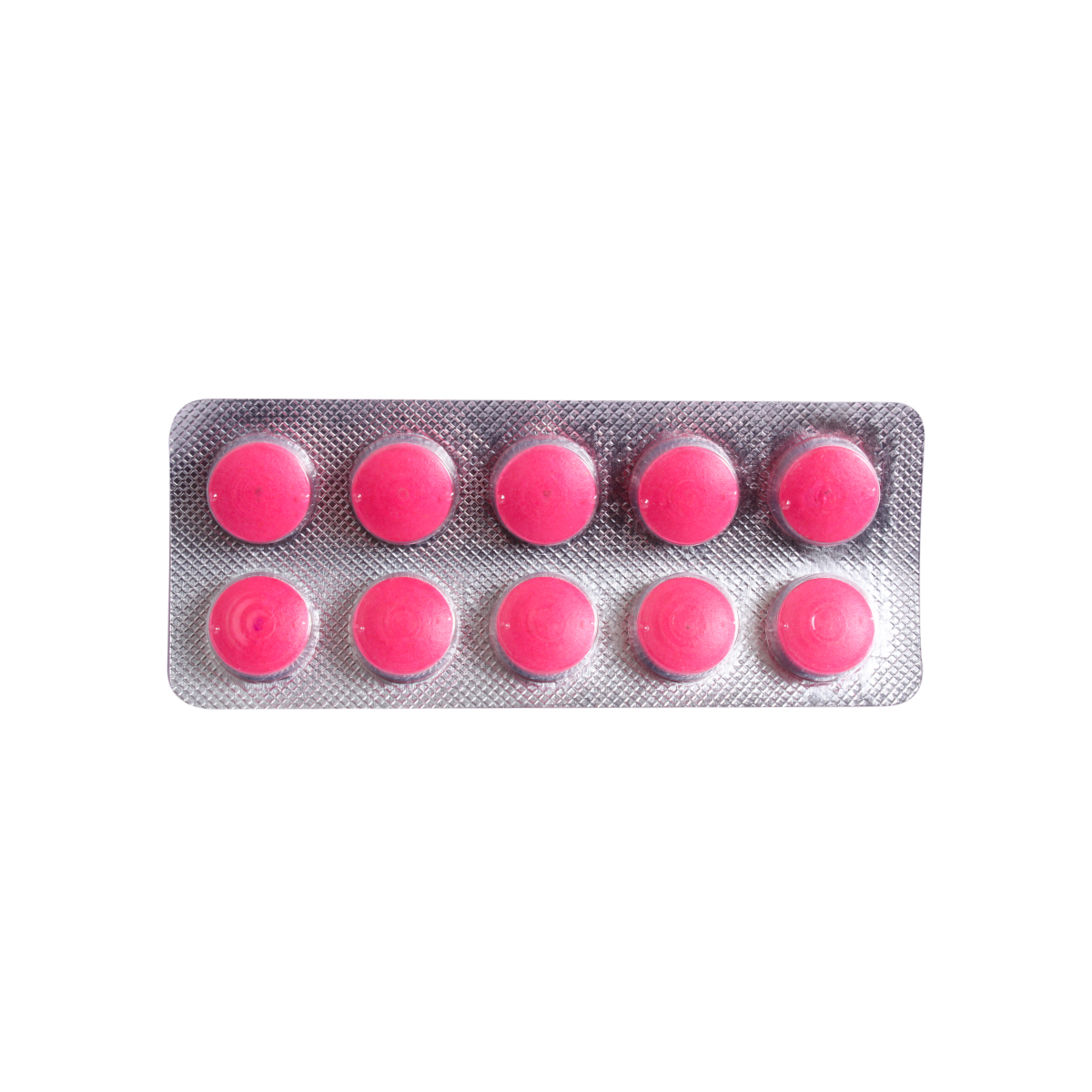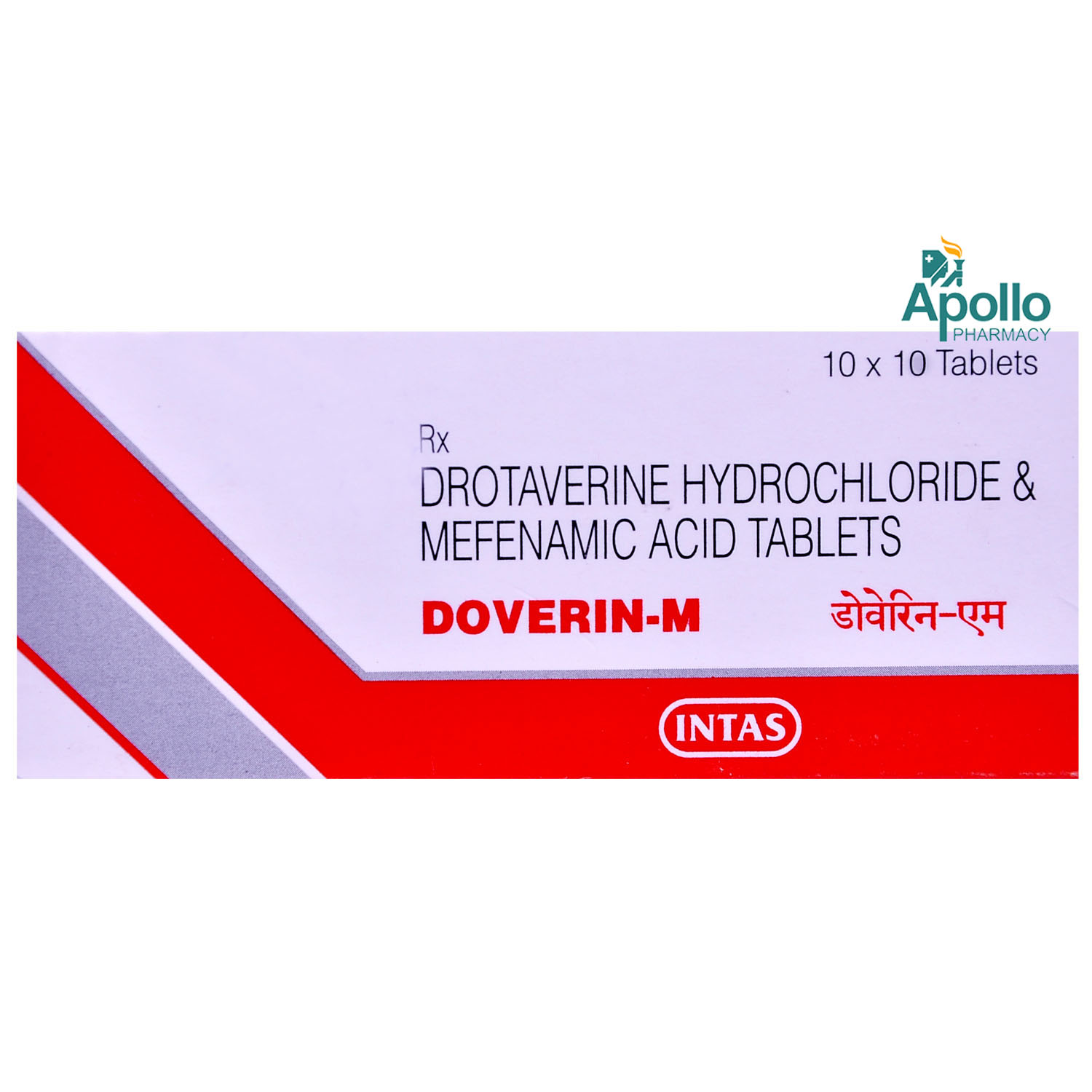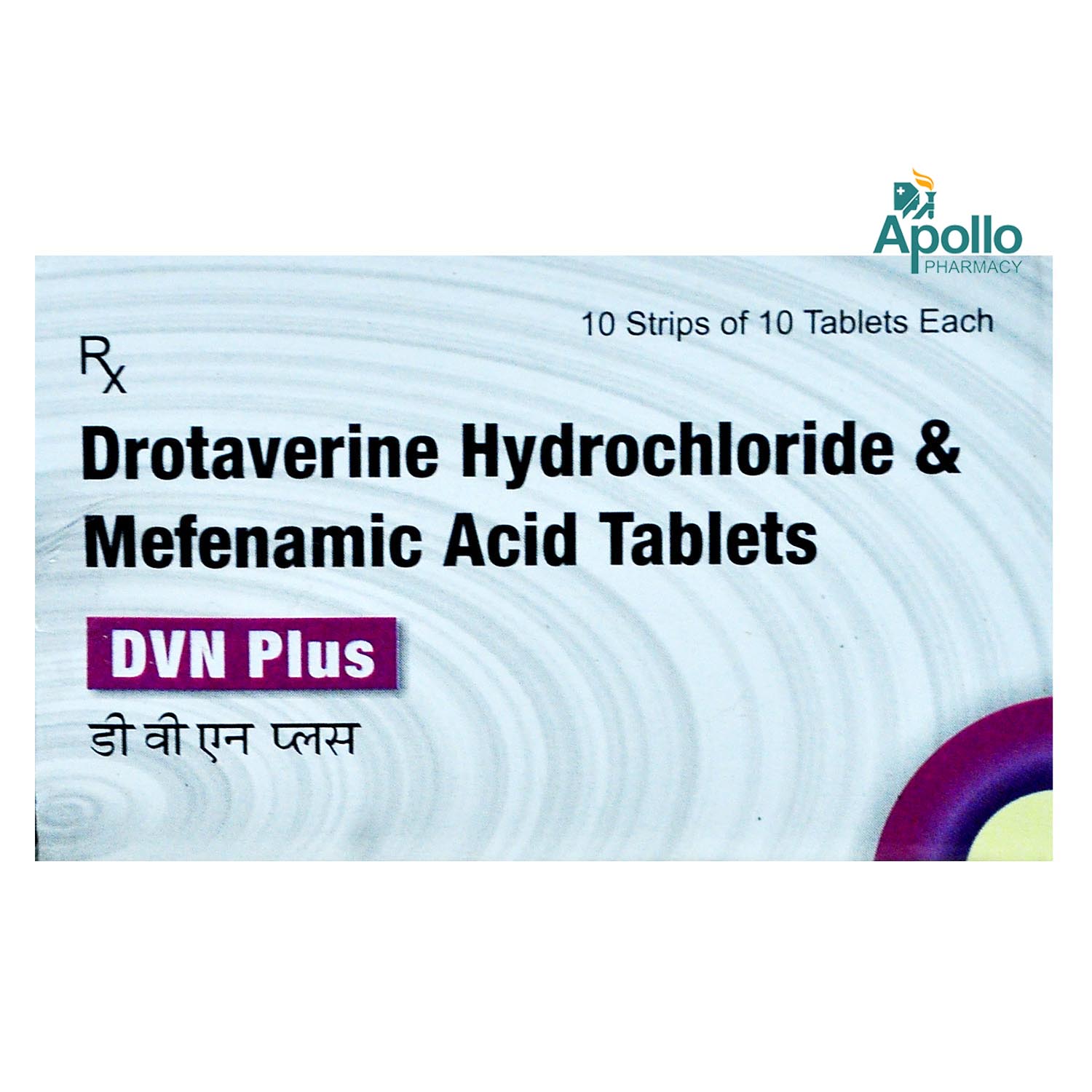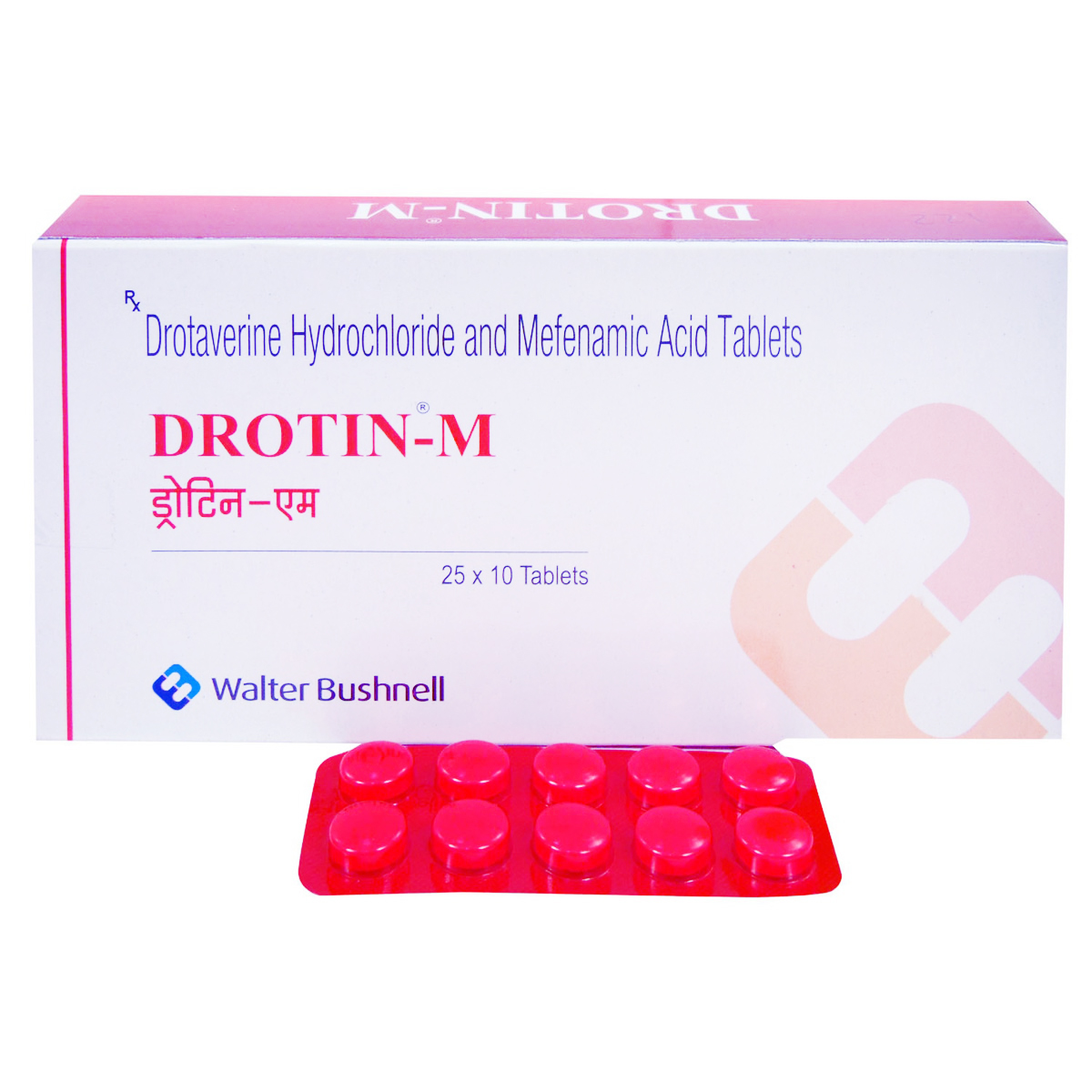Arsulide-D Tablet 10's

MRP ₹80
(Inclusive of all Taxes)
₹12.0 Cashback (15%)
know your delivery time
Provide Delivery Location
Composition :
Manufacturer/Marketer :
Consume Type :
Return Policy :

Secure Payment

Trusted by 8 Crore Indians

Genuine Products
Therapeutic Class
Country of origin
Manufacturer/Marketer address
Author Details
We provide you with authentic, trustworthy and relevant information
FAQs
Arsulide-D Tablet 10's contains Drotaverine and Mefenamic acid. Drotaverine works by relieving contractions associated with smooth muscles of the abdomen. Mefenamic acid works by blocking the action of certain chemical messengers that cause pain.
Diarrhoea might be a side-effect of Arsulide-D Tablet 10's. Drink enough fluids and eat non-spicy food if you experience diarrhoea. Consult your doctor if you experience severe diarrhoea or if you find blood in your stools.
Dry mouth could be a side-effect of Arsulide-D Tablet 10's. Limiting caffeine intake, avoiding smoking and mouthwashes containing alcohol, drinking water regularly, and chewing sugar-free gum/candy might stimulate saliva and prevent drying of the mouth.
Do not take Arsulide-D Tablet 10's for longer durations as it might increase the risk of heart problems and stomach bleeding. Take Arsulide-D Tablet 10's only for as long as your doctor has prescribed it.
Arsulide-D Tablet 10's is generally prescribed for short durations and can be discontinued after pain relief. However, you are advised to continue taking Arsulide-D Tablet 10's for as long as your doctor has prescribed. Do not be reluctant to speak with your doctor if you feel any difficulty while taking Arsulide-D Tablet 10's.
Arsulide-D Tablet 10's is used to treat dysmenorrhea (period pain), pain due to heavy bleeding during periods, and menstrual cramps. Take Arsulide-D Tablet 10's only as prescribed, and do not overdose.
Disclaimer
Alcohol
Safe if prescribed
Avoid consumption of alcohol while taking Arsulide-D Tablet 10's as it may cause increased drowsiness. It can also increase the risk of stomach bleeding.
Pregnancy
Consult your doctor
Please consult your doctor if you are pregnant or if you have any concerns regarding this; your doctor will prescribe only if the benefits outweigh the risks.
Breast Feeding
Consult your doctor
Consult your doctor before taking Arsulide-D Tablet 10's if you are breastfeeding. Your doctor will prescribe only if the benefits outweigh the risks.
Driving
Safe if prescribed
Arsulide-D Tablet 10's may cause drowsiness. Drive or operate machinery only if you are alert.
Liver
Consult your doctor
Please consult your doctor if you have a liver impairment or any concerns regarding this. Your doctor will prescribe only if the benefits outweigh the risks.
Kidney
Consult your doctor
Please consult your doctor if you have kidney impairment or any concerns regarding this. Your doctor will prescribe only if the benefits outweigh the risks.
Children
Safe if prescribed
Arsulide-D Tablet 10's should not be given to children as the safety and effectiveness were not established.
Product Substitutes
Reference
- https://www.bionova.co.in/drotafix-tablet.html
- https://www.ravimiregister.ee/Data/PIL_ENG/PIL_11232_ENG.pdf
- https://www.accessdata.fda.gov/drugsatfda_docs/label/2008/015034s040lbl.pdf
- https://www.drugs.com/cdi/mefenamic-acid.html
- https://www.hpra.ie/img/uploaded/swedocuments/eec4b0f8-a82a-4ba9-8e04-d411ee4d7b95.pdf
About Arsulide-D Tablet 10's
Arsulide-D Tablet 10's is a combination medicine used to treat abdominal pain, muscle pain, migraine headache, functional bowel disorders, dysmenorrhea (menstrual cramps), heavy bleeding during periods, renal colic pain, and pain after surgery. Pain is a symptom triggered by the nervous system, causing uncomfortable sensations in the body. Muscle spasm is the sudden involuntary contractions of the muscle, which can be painful and uncomfortable.
Arsulide-D Tablet 10's is a combination of two drugs: Drotaverine (anti-spasmodic) and Mefenamic acid (NSAID). Drotaverine works by reducing calcium reuptake by the cells, thereby correcting the body's calcium levels and relieving contractions associated with smooth muscles. Mefenamic acid works by blocking the effect of chemical messengers that cause pain and inflammation at the injured or damaged site. Together, Arsulide-D Tablet 10's helps in relieving pain.
You are advised to take Arsulide-D Tablet 10's for as long as your doctor has prescribed it for you, depending on your medical condition. In some cases, you may experience certain common side-effects such as gastrointestinal disturbances, feeling thirsty, nausea, vomiting, diarrhoea, dry mouth, rashes and itching. Most of these side-effects do not require medical attention and will resolve gradually over time. However, you are advised to talk to your doctor if you experience these side-effects persistently.
Inform your doctor if you have/had asthma, peptic ulcers, porphyria, or bleeding problems. Consult your doctor if you are pregnant or breastfeeding. Arsulide-D Tablet 10's may cause dizziness, so drive with caution. Arsulide-D Tablet 10's should not be given to children as safety and efficacy have not been established. Avoid consuming alcohol as it could lead to increased drowsiness and dizziness; it might also increase stomach bleeding risk. Keep your doctor informed about your health condition and medicines to rule out any side-effects.
Uses of Arsulide-D Tablet 10's
Medicinal Benefits Mweb
Key Benefits
Arsulide-D Tablet 10's is a combination of two drugs, namely: Drotaverine and Mefenamic acid. Arsulide-D Tablet 10's is used to treat abdominal pain, muscle pain, migraine headache, functional bowel disorders, dysmenorrhea (menstrual cramps), heavy bleeding during periods, renal colic pain, and pain after surgery. Drotaverine is an antispasmodic that reduces calcium reuptake by the cells, thereby correcting the calcium levels in the body and relieving contractions associated with smooth muscles. Mefenamic acid is an NSAID which works by blocking the effect of a chemical messenger in the body, known as cyclo-oxygenase (COX) enzymes that make other chemical prostaglandins. Prostaglandins are produced at injury sites and cause pain and swelling. By blocking COX enzymes' effect, lesser prostaglandins are produced, which reduces mild to moderate pain and inflammation at the injured or damaged site. Together, Arsulide-D Tablet 10's helps in relieving pain.
Directions for Use
Side Effects of Arsulide-D Tablet 10's
- Gastrointestinal disturbances
- Feeling thirsty
- Nausea
- Vomiting
- Diarrhoea
- Dry mouth
- Rashes
- Itching
Drug Warnings
Do not take Arsulide-D Tablet 10's if you are allergic to any of its contents. Inform your doctor if you have severe heart failure, or have suffered bleeding problems such as bleeding from the stomach or bowels while taking any painkillers. If you have had any recent heart surgery, do not take Arsulide-D Tablet 10's unless prescribed by the doctor, as Arsulide-D Tablet 10's may increase the risk of heart attack or stroke. Inform your doctor if you have/had asthma, peptic ulcers, porphyria, bleeding problems, liver or kidney impairment. Consult your doctor if you are pregnant or breastfeeding. Arsulide-D Tablet 10's may cause dizziness, so drive only if you are alert. Arsulide-D Tablet 10's should not be given to children as safety has not been established. Avoid consuming alcohol as it could lead to increased drowsiness and may increase the risk of stomach bleeding. Stop taking Arsulide-D Tablet 10's and consult your doctor immediately if you have stomach pain or any signs of bleeding in the intestine or stomach, such as blood in stools. Do not take any other NSAIDs for pain relief along with Arsulide-D Tablet 10's unless prescribed.
Drug-Drug Interactions
Drug-Drug Interactions
Login/Sign Up
Coadministration of Arsulide-D Tablet with Ketorolac can increase the risk or severity of gastric bleeding and ulcers.
How to manage the interaction:
Taking Arsulide-D Tablet with Ketorolac together can result in an interaction, it can be taken if your doctor has advised it. However, if you notice any unusual bleeding or bruising, other signs of bleeding, dizziness, lightheadedness, red or black tarry stools, coughing up or vomiting blood, severe headache, and weakness, you should contact a doctor immediately. Do not stop using any medications without talking to a doctor.
Co-administration of Arsulide-D Tablet with Meloxicam together can increase the risk or severity of bleeding.
How to manage the interaction:
Taking Arsulide-D Tablet with Meloxicam together is generally avoided as it can result in an interaction, it can be taken if a doctor has advised it. However, if you notice any unusual bleeding or bruising, other signs of bleeding, dizziness, lightheadedness, red or black tarry stools, coughing up or vomiting blood, severe headache, and weakness, you should contact a doctor immediately. Do not stop using any medications without talking a doctor.
Coadministration of Arsulide-D Tablet with Lomitapide can cause liver damage.
How to manage the interaction:
Co-administration of Arsulide-D Tablet with Lomitapide can result in an interaction, but it can be taken if your doctor has advised it. If you have any of these symptoms, it's important to contact a doctor right away - fever, chills, joint pain, swelling, bruising, skin rash, itching, loss of appetite, fatigue, nausea, vomiting, bleeding, pain, dark urine, or liver damage. Do not stop using any medications without a doctor's advice.
Coadministration of Arsulide-D Tablet with Naproxen can increase the risk or severity of stomach bleeding, ulceration, and rarely, perforation leading to serious blood loss.
How to manage the interaction:
Taking Arsulide-D Tablet with Naproxen together can result in an interaction, it can be taken if your doctor has advised it. However, if you notice any unusual bleeding or bruising, other signs of bleeding, dizziness, lightheadedness, red or black tarry stools, coughing up or vomiting blood, severe headache, and weakness, you should contact a doctor immediately. Do not stop using any medications without talking to a doctor.
Taking Human immunoglobulin with Arsulide-D Tablet, may raise the risk of kidney problems.
How to manage the interaction:
There may be a possibility of interaction between Human immunoglobulin and Arsulide-D Tablet, but it can be taken if prescribed by a doctor. However, if you experience nausea, vomiting, loss of appetite, increased or decreased urination, sudden weight gain or loss, fluid retention, swelling, shortness of breath, muscle cramps, tiredness, weakness, dizziness, confusion, or an irregular heart rhythm, consult a doctor. Do not discontinue any medications without consulting a doctor.
Co-administration of Arsulide-D Tablet with Prasugrel can increase the risk or severity of gastric bleeding, ulceration, and rarely, perforation leading to serious blood loss.
How to manage the interaction:
Taking Arsulide-D Tablet with Prasugrel together can result in an interaction, it can be taken if your doctor has advised it. However, if you notice any unusual bleeding or bruising, other signs of bleeding, dizziness, lightheadedness, red or black tarry stools, coughing up or vomiting blood, severe headache, and weakness, you should contact a doctor immediately. Do not stop using any medications without talking to a doctor.
Using danaparoid together with Arsulide-D Tablet can increase the risk of bleeding complications.
How to manage the interaction:
There may be a possibility of interaction between Arsulide-D Tablet and Danaparoid, but it can be taken if prescribed by a doctor. If you notice any of these signs - bruising, swelling, vomiting, headache, dizziness, weakness, bleeding, or blood in your urine or stools, it's important to contact a doctor right away. Do not discontinue any medications without consulting a doctor.
Coadministration of Arsulide-D Tablet with Tacrolimus can increase the risk of kidney problems.
How to manage the interaction:
Taking Arsulide-D Tablet with Tacrolimus together can result in an interaction, it can be taken if your doctor has advised it. However, if you notice any unusual bleeding or bruising, other signs of bleeding, dizziness, lightheadedness, red or black tarry stools, coughing up or vomiting blood, severe headache, and weakness, you should contact a doctor immediately. Do not stop using any medications without talking to a doctor.
Coadministration of Arsulide-D Tablet with Everolimus can increase the risk or severity of kidney disease.
How to manage the interaction:
Taking Arsulide-D Tablet with Everolimus together can result in an interaction, it can be taken if a doctor has advised it. However, if you notice any symptoms of nausea, vomiting, loss of appetite, increased or decreased urination, sudden weight gain or weight loss, fluid retention, swelling, shortness of breath, muscle cramps, tiredness, weakness, dizziness, confusion, and irregular heart rhythm you should contact a doctor immediately. Do not stop using any medications without talking to a doctor.
Taking Arsulide-D Tablet with fondaparinux can increase the risk of bleeding.
How to manage the interaction:
Co-administration of Fondaparinux with Arsulide-D Tablet can result in an interaction, but it can be taken if your doctor has advised it. However, if you experience bleeding or bruising, feeling dizzy or lightheaded, dark or bloody stools, headache, weakness contact your doctor right away. Do not stop using any medications without first talking to your doctor.
Drug-Food Interactions
Drug-Food Interactions
Login/Sign Up
Drug-Diseases Interactions
Drug-Diseases Interactions
Login/Sign Up
Drug-Drug Interactions Checker List
- ASPIRIN
- IBUPROFEN
- CELECOXIB
- WARFARIN
- LEVODOPA
- CYCLOSPORINE
- TACROLIMUS
- PROBENECID
- DULOXETINE
- LITHIUM
- FLUOXETINE
- SERTRALINE
- DIGOXIN
- METHOTREXATE
- ZIDOVUDINE
- MIFEPRESTONE
Habit Forming
Diet & Lifestyle Advise
- Exercising regularly helps in muscle stretching so that they are less likely to spasm, tear and sprain. Mild exercises such as jogging and walking are helpful for muscle stretching.
- Massages can also be helpful.
- Avoid freezing and hot temperatures.
- Avoid wearing tight-fitting clothes; instead, wear loose garments.
- Rest well, and get plenty of sleep.
- To avoid developing pressure sores, change your position at least every two hours.
- Hot or cold therapy can help treat muscle spasms. Apply an ice pack or hot-pack on the muscle for 15-20minutes.
- Stay hydrated, drink plenty of water.
All Substitutes & Brand Comparisons
RX
Tavera-M Tablet 10's
Leeford Healthcare Ltd
₹65.5
(₹5.9 per unit)
18% CHEAPERRX
Out of StockCydrot M 80mg/250mg Tablet
Realcare Life Sciences
₹70
(₹6.3 per unit)
12% CHEAPERRX
Drofem Tablet 10's
FDC Ltd
₹73.5
(₹6.62 per unit)
8% CHEAPER

Have a query?

_0.jpg?tr=q-85)

